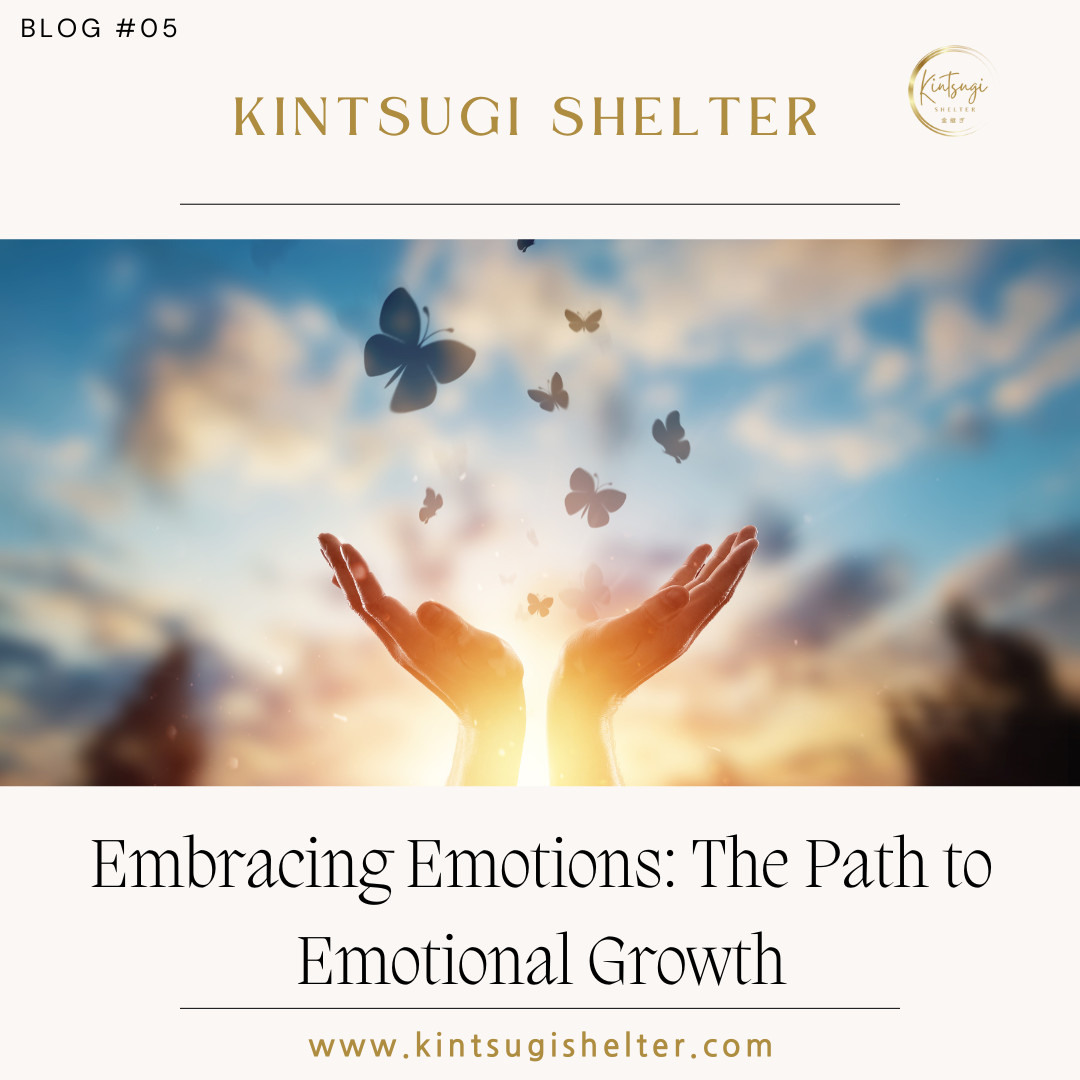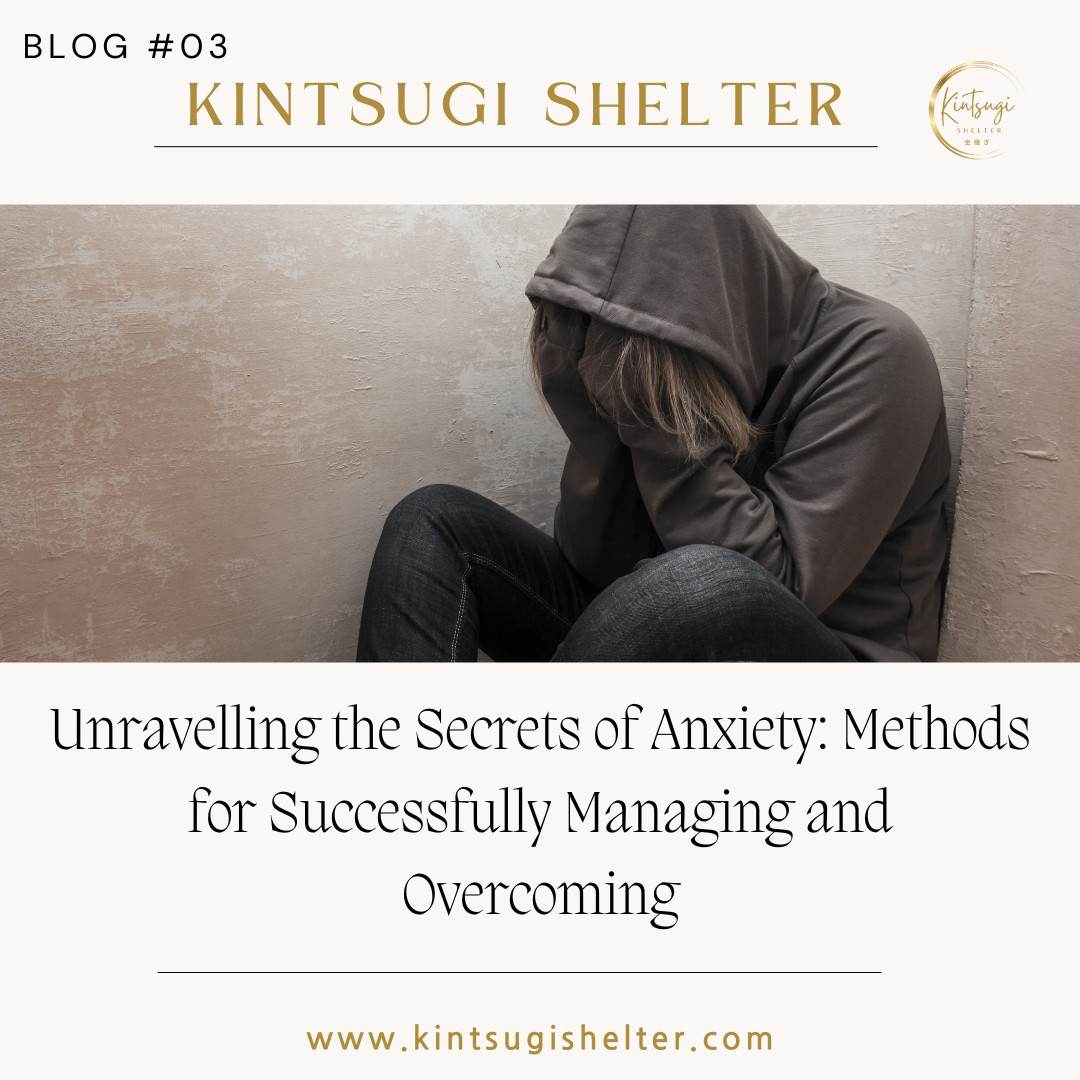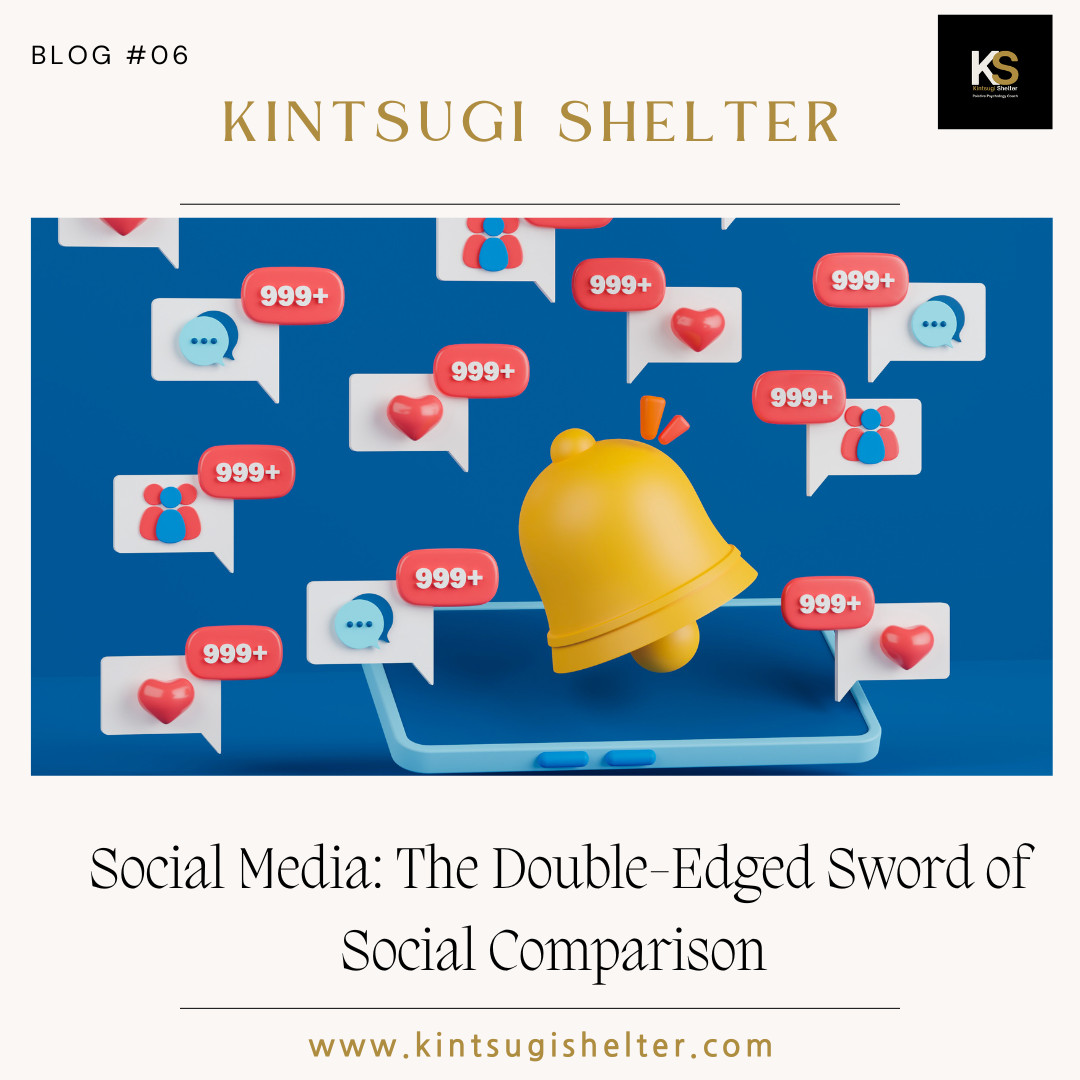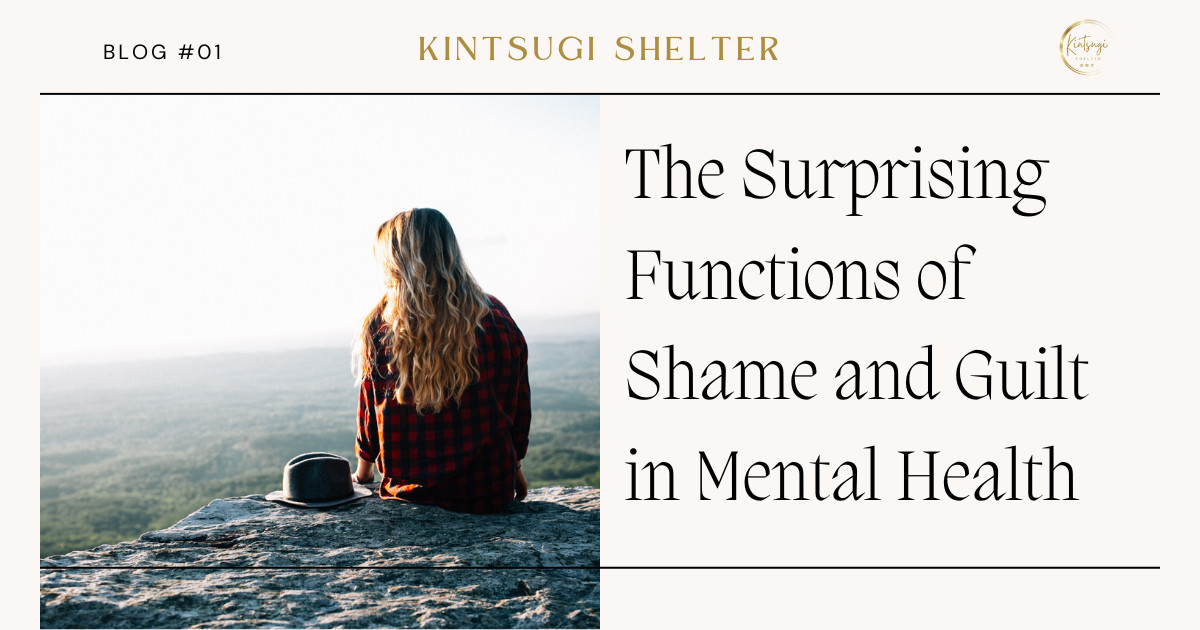

Emotions are an integral part of being human. They shape how we perceive and experience the world. However, many of us suppress or ignore our emotions, fearing that others may perceive us as weak or too vulnerable. In reality, embracing our emotions is crucial for our emotional growth and well-being. In this blog post, we will explore why it is important to welcome and understand our emotions. I will provide a worksheet and reflection questions to help you apply these concepts to your daily life.
Emotions
Emotions serve as valuable indicators of our internal states and can provide insights into our needs, desires, and overall well-being. Acknowledging the role of emotions is crucial in understanding ourselves and fostering emotional growth. By recognizing and honouring our emotions, we can gain a deeper understanding of ourselves, develop empathy for others, and cultivate meaningful relationships. Through this process, we can learn to navigate life's challenges, manage stress, and enhance our overall emotional well-being. Embracing our emotions allows us to fully engage with life, rather than suppressing or avoiding hard feelings. It gives us the opportunity to learn from our experiences, grow from adversity, and ultimately, lead more fulfilling and authentic lives.
Although different people feel and experience emotions in various ways and their effects on actions vary, two common factors of emotions are their transient nature and internal cause. Emotions have the power to make us behave in ways that are unlike our usual selves, but they can also guide us back to our true nature. They often reveal true thoughts and desires, and can be an engine for displaying one's values and preferences.
Although different people feel and experience emotions in various ways and their effects on actions vary, two common factors of emotions are their transient nature and internal cause. Emotions have the power to make us behave in ways that are unlike our usual selves, but they can also guide us back to our true nature. They often reveal true thoughts and desires, and can be an engine for displaying one's values and preferences.
Our emotions serve as a mirror of our inner self, revealing what matters to us and what causes us distress. They have a direct influence on our understandings of situations and decision making. I understand that these are general notions about emotions. Psychologists understand and explain it in many different ways, as it is a complex psychological construct.
Understanding the Purpose of Emotions
Hence, it is critical to understand that emotions are the primary motivating force in us human beings. How we are going to feel in the aftermath influences all our decisions.
A simple example would be when we go to work in the morning feeling tired, our mood is low, and we are stressed because we overslept and have a meeting to attend for which we are not fully prepared. We decide based on how we will feel if we go, as opposed to how we will feel if we don't. If the former seems to provide a better emotional outcome, we will decide to go. If the latter appears more favourable than an emotional outcome, we may call in sick.
An important distinction to make here is that our decisions are based solely on the prediction of emotional outcome, not the actual outcome itself (though both instances often lead to confusion between the two). Therefore, you may regret buying something and vice versa. The actual outcome is irrelevant compared to what you expected to feel.

Think about the key goals in your life right now. Perhaps you're trying to land the perfect job, attain financial security, or find the best partner. After every goal or motivation you state, if you continue to ask, "Why do I want that?" you will find an emotion behind it. To experience success, you want that job. You want financial security for peace of mind. You want that partner to fill your life with more love. Therefore, our goals are merely a reflection of the emotions that drive to attain them. If it weren't for emotions, there would be no motivation to change our present state towards another. Our feelings will let us know if the current situation is not right (like feeling down), and they will also show exactly what we need to feel better. We can do this by thinking about the desired emotion and what might make us feel that way.
Embracing the Full Spectrum of Emotions
If emotions exist as an inherent part of the human experience and have remained so despite our negligence of them, wouldn't it be a better idea to accept all emotions as they arise, rather than continuously engage in an internal battle to avoid or deny them? And if it were possible to ease such a fight, what would be the ultimate result?
Something quite ideal, it seems: the ending of an emotional civil war within ourselves and resolving undetermined emotions. This would likely lead to a greater sense of emotional stability, a reduction in feelings of inner conflict, and an increased ability to effectively work through emotional problems.
Acceptance of emotions allows for a smoother and easier emotional process.
We have defined and classify our emotions and allow for only a certain set to be admissible in society. Happiness, pride, and contentment are acceptable forms of human emotion, and our society has taken a preferential approach to promoting such emotions. However, with preferred emotions, there must inevitably come the disallowance of others. This is where humanity has gone wrong. By allowing only certain emotions, we have been pushing others aside and leaving them unacknowledged and unresolved. As a result, we have created a society where people are emotionally divided within themselves, with a collection of unresolved emotions often causing confusion and friction with our rational thought.
Ever since the dawn of time, human beings have sought to measure and define everything to complete our knowledge of the universe. This is the calling for one of the most significant societal developments, which became known in the 17th century as the Enlightenment. Ever since this significant period, we have sought to use reason and rationale to explain everything, including emotions. Fast forward 400 years, and it is very apparent that such a methodological approach has brought humanity great modern advancements in terms of medicine, industry, transportation, and education. However, we can attribute a lot of our present-day ills, such as stress, mental illness, depression, and interpersonal relationship breakdowns, to our repression of human emotions.

Identifying the Messages of Emotions
The message of each emotion becomes clearer when we put our judging and interpreting aside. It is important to realise that emotions are not merely pleasant or unpleasant nuisances that we would be better off without. They are communication with a purpose. Our task is to learn to listen to the emotional message and evaluate its accuracy, whether it is about something that happened in the past, is occurring in the present, or is likely to happen in the future. We need to learn to distinguish between the event or trigger and the emotion it generates—an ability that is not always easy. However, once we can separate the two, we can gain a deeper understanding of our emotions and how they can guide us towards personal growth and self-awareness.
Most of us have learned to attribute the cause of emotions to external events. This can be difficult because often the events that cause current emotions apply to events from our past. A current event can trigger a memory of a similar past event along with the emotions that are attached to that event. This can create confusion regarding what causes the emotion. For example, over twenty years ago, a dog attacked me and left scars on my arm. For many years, whenever a dog approached me while walking down the street, I would feel anxious and have panic attacks because of my emotions relating back to the original attack. This shows how experiences can have a lasting impact on our emotional responses to similar situations in the present.
However, we also recognise that our emotions are not always accurate indicators of what just happened. This is one reason it is often difficult for us to identify the cause of our emotion. In fact, sometimes people just start feeling a certain emotion out of nowhere or they notice the change in emotion but don't know what they were feeling before. This mental tracking or consciousness of changes in emotion is vital to understanding our emotional experiences.
It can also be helpful to write or record events with your associated emotions as they occur. This can often be more difficult than it seems, as many of us are not fully aware of our ongoing feelings, but the writing process itself can serve as a first step in understanding them. Later, you can take the recorded event and emotions and evaluate them. This process is essentially a cognitive analysis of your emotional experience and can be beneficial for you to understand the root of the emotion you are experiencing. The goal is not to avoid or change emotions, but to understand and evaluate them better. To help you do this , you can try using journaling or by downloading our workbook

These writing exercises can provide a safe and private space for you to explore and express your emotions without judgment.
Meeting Our Deepest Needs and Desires
The process of identifying our needs and desires involves interacting circles that move from the general to the specific. At the most general level, all of our behaviour is an attempt to satisfy our universal needs for survival and security and to find relief from emotional pain. In seeking relief, we often develop specific problem-solving behaviours.
For example, Sue, who was feeling low in self-esteem, decided she needed therapeutic help. She sought a positive psychology coach who specialized in self-esteem and emotional well-being. Through their sessions, she discovered that meeting our deepest needs and desires is essential for emotional growth. Sue first identified her emotional need, then secondly her desire, which lead her to the action of seeking support from a positive psychology coach.
During the process of moving from the general to the specific, we can use our feelings as a guide. When we identify and move in a direction that we think will satisfy a need or desire, we can pay attention to our felt sense of how that option works out. If it does not seem successful, we can change tactics. This is an important linkage between the exploration of needs and desires and the next stage in healing and transformation, developing emotional resilience. Our examination of needs and desires provides a benchmark against which we can judge the success of what we are doing in life. Also, the more that we are in touch with needs and desires, the easier it is to gauge if something is not working and to make changes.
So what must you do to engage in the process of healing and transformation that will satisfy your needs and desires? The first thing is to become more conscious of what your emotional needs and desires are. A client of mine, Jane, a financial consultant, became so absorbed in her work that she was out of touch with her feelings and unable to identify her needs beyond the level of survival and work duties. Step by step, she engaged in activities that would help her identify needs and desires of which she had been unaware.

Reflection Questions
Exploring Your Emotional Landscape:
Take a few moments to reflect on the different emotions you've experienced recently. Are there any recurring patterns or emotions that you suppress or downplay?
How do these suppressed emotions impact your overall well-being and interactions with others?
List three potential benefits of embracing and expressing these suppressed emotions, both for yourself and your relationships.
Choose an emotion that often overwhelms you and explore how it affects your thoughts, behaviours, and physical sensations.
Research and list three constructive strategies for managing and regulating this emotion. Experiment with these strategies in real-life situations.
Reflect on the effectiveness of these coping mechanisms and how they contribute to your emotional well-being

Conclusion
Embracing our emotions is a powerful catalyst for emotional growth and well-being. By confronting and understanding our emotions, we embark on a journey of self-discovery, improved relationships, and enhanced inner resilience. Through the provided reflection questions and activities, you can start cultivating a deeper awareness of your emotions and their impact. Remember, embracing emotions is not about achieving perfection but about fostering a kinder, more compassionate relationship with yourself. This journey of emotional growth is a continual, transformative process that enriches every aspect of our lives. As we continue to embrace our emotions, we not only nurture our own well-being, but also create a ripple effect of emotional intelligence and empathy in our communities. This ripple effect allows us to build stronger connections and foster a more understanding and supportive society.


















0 Comments